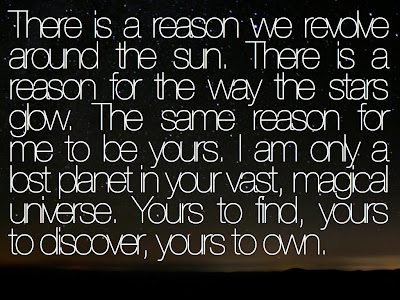Can we truly believe in history?
I have come to the conclusion, recently, that we shouldn’t. Let’s think about this for a moment. What is history? The first definition you are likely to find on history, is this: history is a narrative of events; a story.
Looking under the definition of a story; this is what you will find: a story is a recital of an event, or a series or events. More amusingly though, it lists such a story as being either a) an account, b) anecdote, or c) a lie.
Thus, in effect, we more or less admit to history having a fictitious aspect to it. Unlike with science, history cannot truly “prove” anything. It’s up for interpretation and it is, more often than not, nothing more than the perspective of whoever was the storyteller at the time. The only thing it can prove is the storyteller’s own agenda, his own precedence.
Yes, the main events cannot be disputed, or questioned, as some can actually be backed by some sort of scientific proof. But mostly, the history of humanity has been written, or controlled, by those who were in power, those with influence.
History is not written by those who were defeated. It is written by those who have won. Won wars, won battles, won political struggles. It’s an affirmation of their superiority, be it directly or indirectly.
Whichever way we look at it, whichever angle we decide to take on history, if there is one fact to it, it’s that it has been dictated by violence, something that as human beings we have always been drawn to. Of course, there are other accounts, other versions of history, written by the “other side”, but that’s often been disputed, refuted or marginalized.
We believe blindly in history because we seek a form of consolation, to justify where we are today, and how we have reached there, regardless of its validity. We are prepared to take history as it’s been told, and not as it had occurred. Partially because we love a good tale. Dramatic retellings of past events are far more appealing then, say, scientifically proven past facts, if any existed.
With all the technology and science that man has mastered, the chances of proving history once and for all is as far fetched and unrealistic as some of the most outrageously creative science-fiction novels. It’s all up in the air. We take things for face-value because we don’t have another choice, or that if there was one, it was too inconvenient to obtain
History is up there for whoever wants to claim it, like stars and galaxies far, far away. We know that they are there, we know that they affect us, one way or the other, even if we don’t comprehend it, but we cannot, for the life of us, find them tangible. Perhaps there is some comfort in the thought.
We can keep making our own histories, but that doesn’t mean that it had truly happened.
